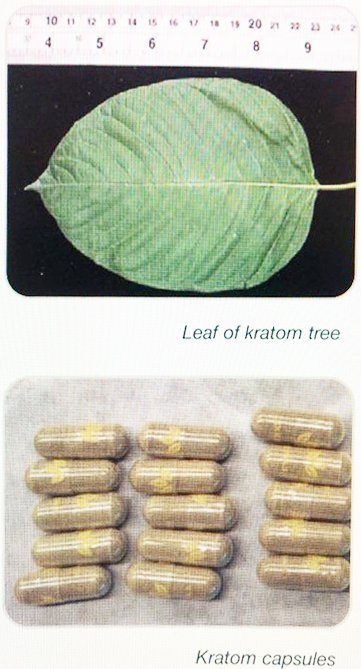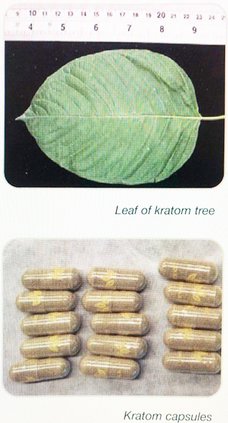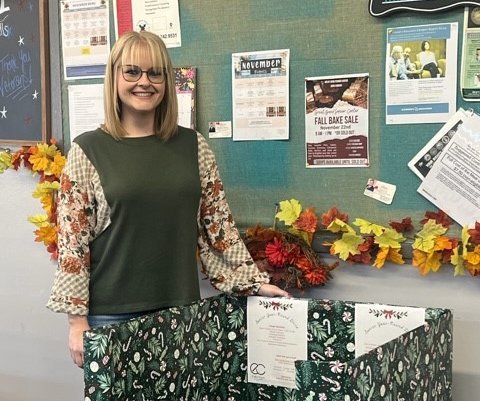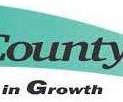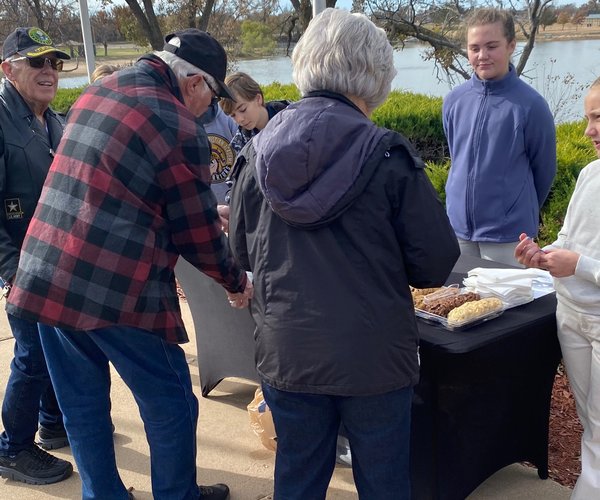The director of the Substance Use Program at The Center for Counseling and Consultation is warning consumers that a product touted as a “legal high” is causing problems for some people.
The product is Kratom, an herbal supplement sold over-the-counter and reported to have desired effects ranging from sexual enhancement to pain relief or greater energy.
However, the National Institutes of Health warn it has a high potential for abuse and without regulatory control threatens public safety. Now, a derivative of that product called 7-OH (7-hydroxymitragynine), “is causing a lot of devastation with people,” said Kevin Ford with The Center.
The Drug Enforcement Agency (DEA.gov) explains that Kratom is a tropical tree native to Southeast Asia. Consumption of its leaves produces stimulant effects (in low doses) and sedative effects (in high doses), and can lead to psychotic symptoms, and psychological and physiological dependence.
The Center plans to release an hour-long video outlining the dangers. At Thursday’s Great Bend Chamber Coffee, Ford provided a quick overview.
Kratom and 7-OH are legal products sold over the counter, he said. They are most often found in vape shops.
“There’s nothing illegal about it, but it is causing a lot of devastation with people; 7-0H, especially, is becoming extremely addictive pretty quickly,” he said. “(Research says) that it is 13 times more potent than morphine. It’s an opiate-like substance. We’re treating it with our MAT – Medication Assisted Treatment program.” Clients are assessed by a mental health team, the substance use team, and a medical team. They may be prescribed a medication called Suboxone, used primarily to treat opioid use disorder, which can help with the withdrawal. The substance use team monitors the clients. “(That is done) to make sure that we’re not just changing their drug dealer – from the street to our agency – because Suboxone can also be abused,” he said. After it is used to help with withdrawal, the dosage is then tapered off.
“We’ve had people that have been on Kratom and not really had any problems for a long period. I think there’s a question about that, but they say they’ve been on it for a long period and not had problems,” Ford said. “They take 7-OH, and they’re immediately up to about a $600 or $700 a week habit.”
Kratom has been outlawed in some states but it is still available legally in Kansas. Kratom is not regulated or approved by the U.S. Food and Drug Administration (FDA), and scientific studies have not been done to formally establish safety and benefits.
Back in 2023, another professional at The Center also warned that Kratom was quickly becoming part of the ongoing opioid crisis. Scott Yarnell, a psychiatric mental health nurse practitioner at The Center, was quoted as saying, “People, including our neighbors in central Kansas, are becoming addicted to this drug.”
About Kevin Ford
Kevin Ford, LAC, KCGC, is the Substance Use Director at the Center for Counseling & Consultation and brings more than 40 years of experience to the field. He has worked across all levels of substance use treatment – including detox, outpatient, intensive outpatient, reintegration, and correctional programs – serving individuals with Substance Use Disorders and Problem Gambling.
Grounded in Motivational Interviewing and a person-centered approach, Ford believes treatment is an honest, collaborative conversation that helps people challenge unhelpful thinking and build awareness. A proud person in long-term recovery for 41 years, he credits sobriety with helping him build a meaningful life with his family.
The Center’s Substance Use team recently adopted open access hours through the office at 5818 Broadway Ave. in Great Bend and counselors are available to see those in need Monday through Thursday from 8 a.m. to 4 p.m. Ford and his team also serve our other locations, Larned, Lyons, and Stafford, via telehealth and in person. Call 620-792-2544 to schedule with the Substance Use team, or come in during open access hours.
